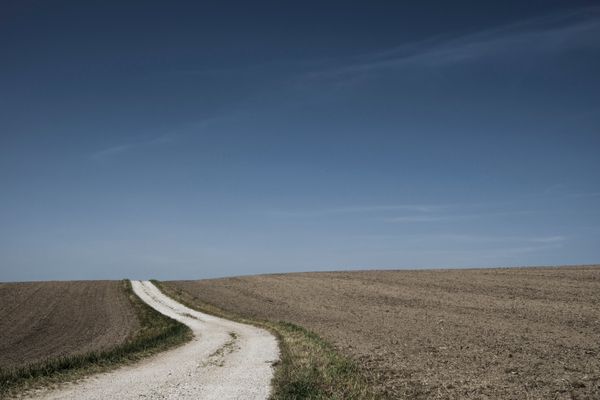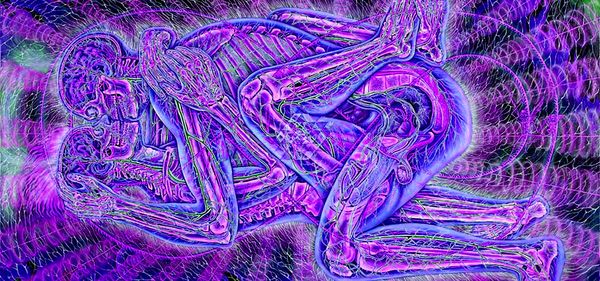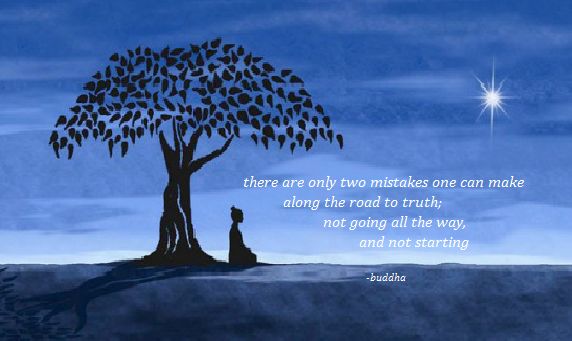Christopher Ponzi • • 3 min read
What Will You Do As Death Approaches? A Meditation on Aging

During his twilight years, author Mark Twain once said that, “life would be infinitely happier if we could only be born at the age of 80 and gradually approach 18.” The ancient Greek poet Homer called old age “loathsome,” and William Shakespeare coined it “hideous winter.” Those are some heavy hitters hating on ageing.
Many westerners possess a fear-based, self-limiting complex about age. The great storytellers sewed the seeds of these fears long ago.
We spend billions upon billions to prevent, repair, rejuvenate and fortify ourselves against the superficial onslaught of age: from mile-long cosmetic surgery menus, gardens of natural anti-aging remedies and the idolatry of the latest super berries as ancient gods reborn. But age goes beyond just skin, penetrating deep into our psyches and souls.
In this three part meditation on aging we will focus on cultural perceptions of death, our struggle to stay young and how to work through the dissonance between the ideal self-image we cherish and approaching death.
Besides how we look and feel, success and age have now become more synonymous. In times past, and still in many eastern cultures, we looked up to the wisdom of our ancestors and those whom had been strong enough to survive the harsh elements to sprout grey hairs, but now our culture worship works backwards: we idolize young tech-titans like Mark Zuckerberg, Elon Musk and the “Thirty Under 30″ crowd.
Read: 5 Most Common Regrets of the Dying
Is this really so bad? Doesn’t this emphasis on accomplishing more sooner, make us better, more driven, people?
It depends.
How much of the comparison game are you playing?
My guess is, way too much, and that there isn’t a day that goes by where you don’t have some negative age-related thought that makes you feel bad about yourself, prevents you in some way from being happy, or limits your infinite potential.
It’s totally understandable that we fear age: at its core, our collective fear of aging stems from our universal fear of death.
The more years we accumulate, the closer we perceive our end is near. That topic is too heavy for this space, but I will say that becoming more comfortable with death will certainly change your perspective on aging. Here though, we’ll focus on the other age-related, happiness-limiting garbage we throw on top of ourselves that actually accelerates our decay, and then shift our perspective towards the productive.
Are We Becoming Immortal?
Let’s widen our lens and observe the big picture of aging today. The latest in science, technology, health, philosophy and spirituality are changing the way we view aging at a fundamental level that most of us are completely unaware of. We are no longer looking at age as an imminent truth but something to be delayed in the sort term and potentially cured in the long term.
There are pioneering scientists, thinkers, and researchers from the fields of epigenetics, conscious-biology, biogerentology, biotechnology futurists and spiritual revolutionaries, out there redefining what was once by definition “inevitable.” Researchers like Aubrey de Grey, P.H.D: researcher at the SENS (Strategies for Engineered Negligible Senescence), a nonprofit that sponsors and funds scientific rejuvenation research at Cambridge University and author of Ending Aging: The Rejuvenation Breakthroughs That Could Reverse Human Aging in Our Lifetime. His TED Talks have received millions of views and he believes we are already in the midst of a major fundamental transformation regarding aging:
I predict that the first person to live to 150 is probably already in middle age. says Grey.
Even the most conservative estimates are saying that, “An average of three months is being added to life expectancy every year at the moment and experts estimate there could be a million centenarians across the world by 2030.”
I am not advocating that we should fear death or desire immortality; that is a personal philosophical journey only you can take. What I advocate is living a life without limitations and giving ourselves the healthy extra time we need to become the people we want to be, and make the world a better and wiser place.
If and when we are capable (and desirous) of completely reversing the biological decay of aging, we can have a collective conversation, but until then, we will feel the pressure and presence of age. Therefore, it is important that we also learn to recognize the true beauty in this aging process and cast off the cultural stigmas that hide its beauty. We will do so in the following installments.
In this first part of this series, I want to leave you with one important thought: you may very likely live twice as long as you previously believed. Not just that, but you can learn to break the shackles of traditional aging from within, to let flow your own fountain of youth.
How does this elongation of life change your perspective if, suddenly, what 30 once was is now more like 20 with your new 150 year-old expiration date? What if 40 really is the new 20? How do your grand plans change? How do you view this great journey knowing it lasts so much longer? And what if . . . no matter how “old” you become, you could still be the person you always wanted to be?





